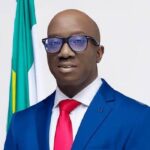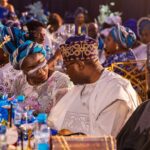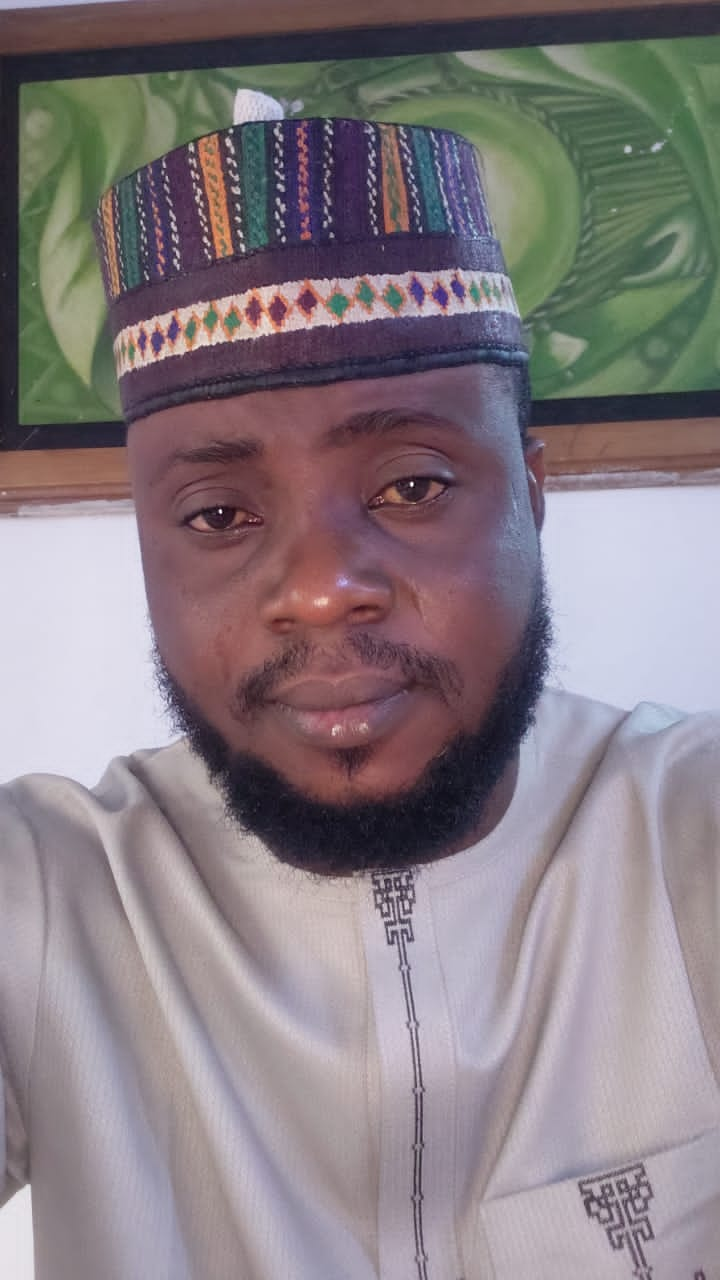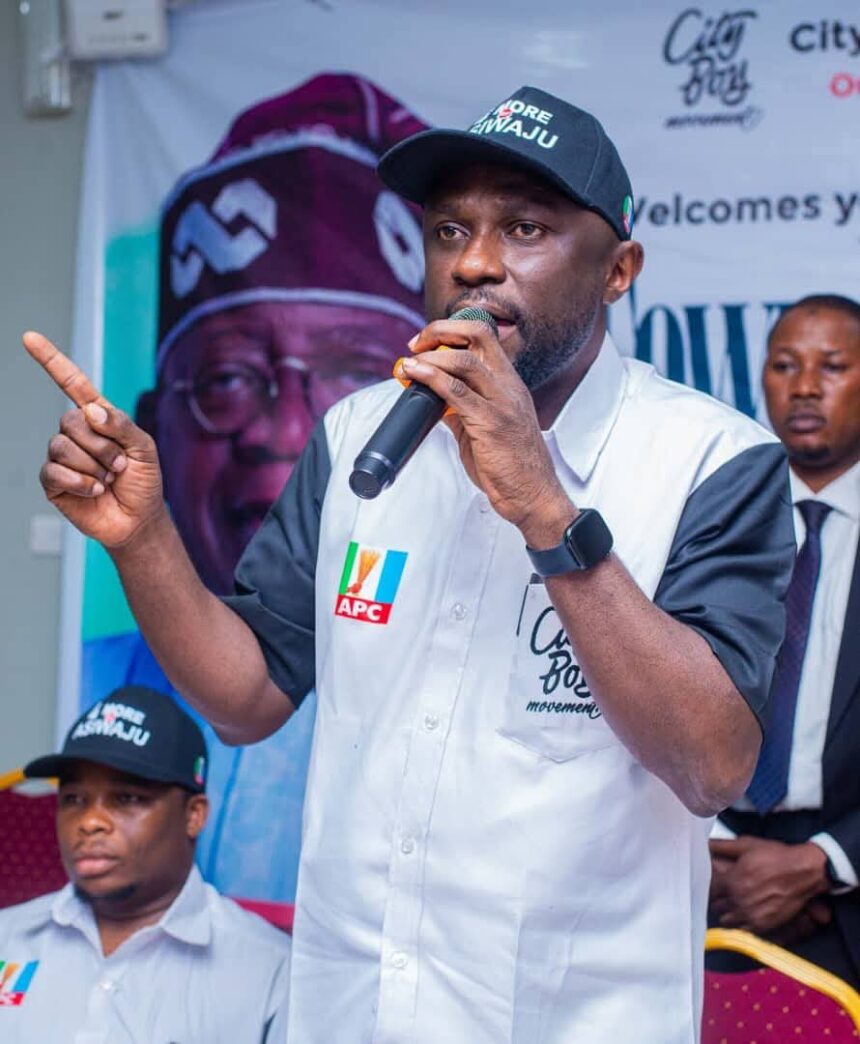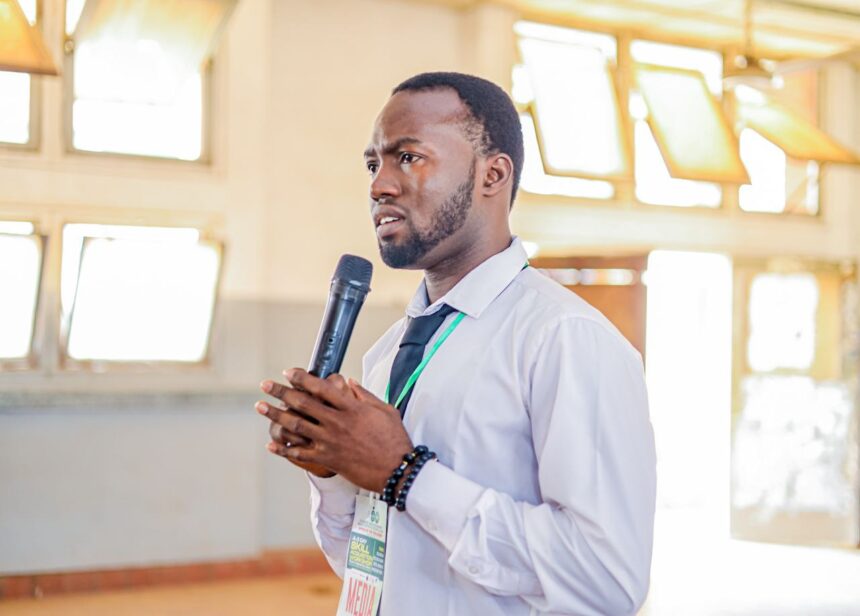Then he appeared—not with the fanfare one might expect from a distinguished academic, but with the gentle authority of a man comfortable in his skin. He exchanged pleasantries with us. He took out some Qurans from the shelf and distributed them to the children gathered around him, assigning specific Surahs for them to recite before the ceremony proper began. In my mind, I concluded, here was religiosity without performance and faith as a foundation rather than a facade. – Excerpt
By: Shafihi Abdulrasheed
Some encounters shape us in ways we do not immediately understand. Some meetings plant seeds of admiration that grow slowly, quietly, until one day we realize we have been in the presence of something extraordinary. My first encounter with Prof. Noah Yusuf was such a moment—unplanned, unexpected, yet profoundly formative.
It was 2015, and I was a student of Mass Communication at Kwara State Polytechnic, completing my Student Industrial Working Experience (SIWES) at Radio Kwara. Under the watchful eye of Mr. Abdulhameed Funsho AlaIye—an orator whose words danced with precision—I was learning the rhythm of broadcast journalism. That Saturday began like any other until AlaIye summoned me to the station gate with the casual urgency that meant we were heading somewhere significant.
“We’re going to Tanke,” he said, offering no further explanation. I followed, curious and slightly nervous in that way young students feel when shadowing their superiors.
The compound we entered spoke of celebration before we even crossed the threshold. White canopies stretched across the compound, chairs arranged in careful rows, and that particular energy that precedes important family occasions. A Nikkah ceremony—I understood this even before anyone explained. What I did not understand was the significance of the man whose home we had entered.
We were ushered into a small sitting room adorned with photographs and Holy Qurans on a shelf, and it was there, gazing at the wall, that I first read the name: Prof. Noah Yusuf. The letters seemed to carry weight, though I could not yet fathom why.
Then he appeared—not with the fanfare one might expect from a distinguished academic, but with the gentle authority of a man comfortable in his skin. He exchanged pleasantries with us. He took out some Qurans from the shelf and distributed them to the children gathered around him, assigning specific Surahs for them to recite before the ceremony proper began. In my mind, I concluded, here was religiosity without performance and faith as a foundation rather than a facade.
I watched him throughout that morning, this man who moved with quiet purpose through his own celebration. He was present for his ward, Ms. Kafayat—who was a staff member of Radio Kwara then. Professor joy illuminated the gathering—yet his attention never wavered from the sacred aspects of the occasion. While Alaiye’s voice filled the space with eloquent commentary, Prof. Noah’s presence filled it with something deeper: a sense of rootedness, of principles lived rather than merely professed.
Three years later, when I was admitted to study Sociology at the University of Ilorin, I encountered the name on the second door on my right-hand side immediately I entered the department. This time, I recognized him immediately—not just his face, but the quality of his bearing. Though that time Prof. Noah was manning Unilorin Centre for Peace and Strategic Studies, where he was widely adjudged as one of the best Directors. Walking through the department offices, I felt that familiar stirring of respect. Who was this man whose very presence seemed to command attention without demanding it?
The answers came gradually, through conversations with lecturers who spoke of him with genuine admiration. “Easy going,” they said. “Decisive.” “Ready to provide shoulders for younger ones to lean on.” These were not the hollow platitudes often reserved for academic hierarchies, but testimonies born of experience.
One story stayed with me particularly: how he had mentored Dr. Issah Moshood, nurturing him into the exceptional research expert and world-class scholar he became. Dr. Moshood, whose guidance I have always sought anytime I get stuck in my research endeavours. He spoke of Prof. Noah with the kind of gratitude that moves beyond professional courtesy—the gratitude of someone whose path had been illuminated by another’s wisdom.
When Prof. Noah was appointed Vice Chancellor of Al-Hikmah University on the 13th of July, 2020, I felt a quiet confidence about the institution’s future. Here was a man who would administer, transform, manage and inspire the institution to its desired peak. The testimonies that have since emerged from academic staff, non-academic personnel, and even shop owners around the campus confirm what I intuited that first morning in Tanke: Prof. Noah Yusuf is a leader who understands that true authority serves rather than dominates.
Back at the University of Ilorin, I have been privileged to witness him in action during postgraduate thesis presentations. He offered feedback that was simultaneously constructive and encouraging, professional yet deeply human. Each encounter I have had with him revealed new layers—the teacher who could distil complex ideas into accessible wisdom, the administrator who never forgot the human element in academic pursuits and the mentor who understood that building people was as important as building institutions.
Prof. Noah Yusuf concludes his tenure as Vice Chancellor of Al-Hikmah University amidst brilliant accolades. Now, I am reminded that some people’s impact extends far beyond their official roles. They become, through their consistent example, quiet giants whose influence ripples through generations of students, colleagues, and communities.
From that young journalism student watching nervously from a corner during a Nikkah ceremony to the graduate who now writes these words, I have been witness to a life lived with purpose, principle, and profound humility. Prof. Noah Yusuf has shown us that true leadership is not about commanding attention but about deserving it. True leadership is not about demanding respect but about inspiring it.
Prof. Noah has also reminded us of the power of quiet excellence, of faith lived daily, and of service offered without fanfare. As he moves into his next chapter, I wish him everlasting happiness, peace of mind and tenacity to do more for God and the country.
Congratulations, Don!
Shafihi Abdulrasheed Oladimeji
sharvee2@gmail.com
Abuja
15.07.2025






